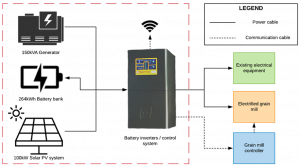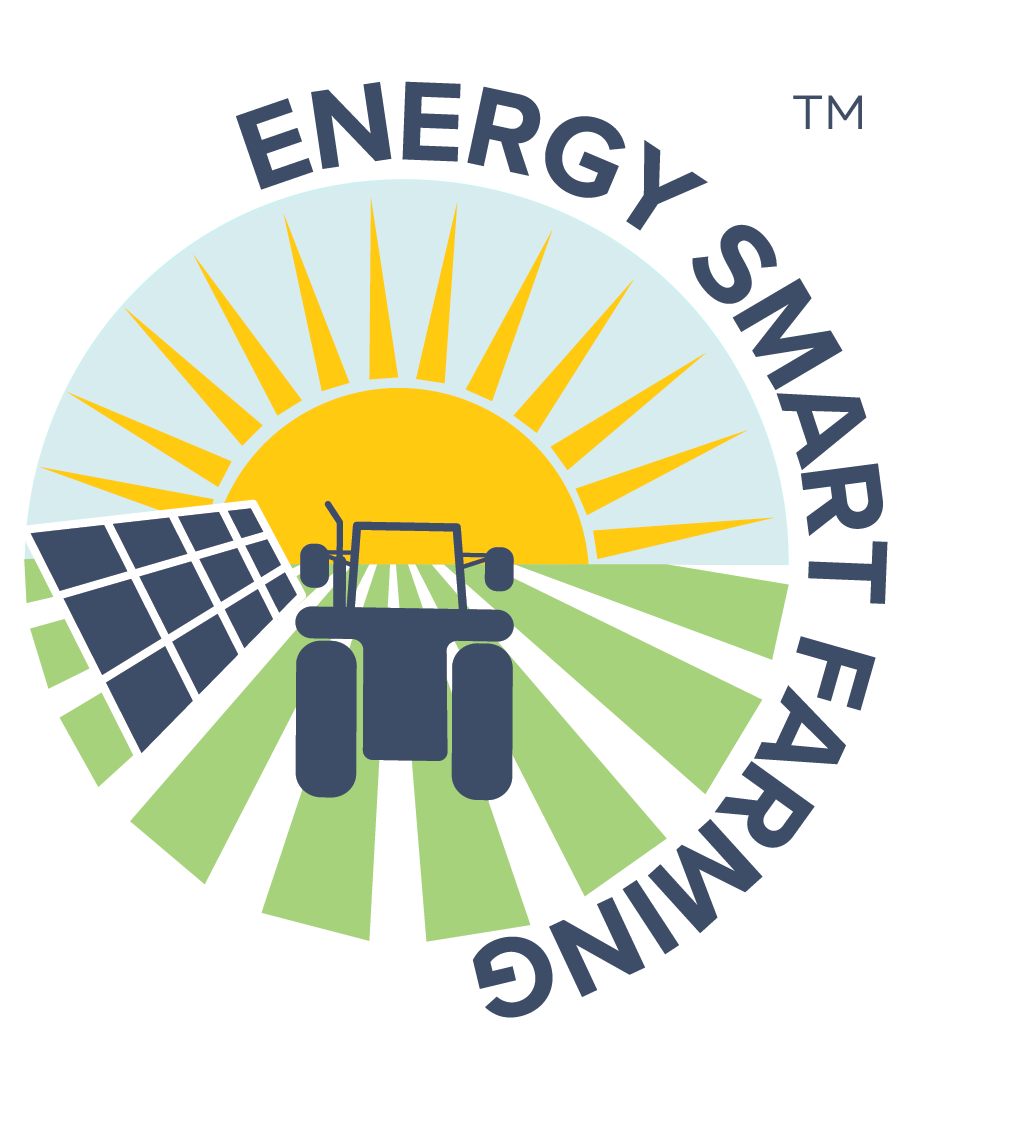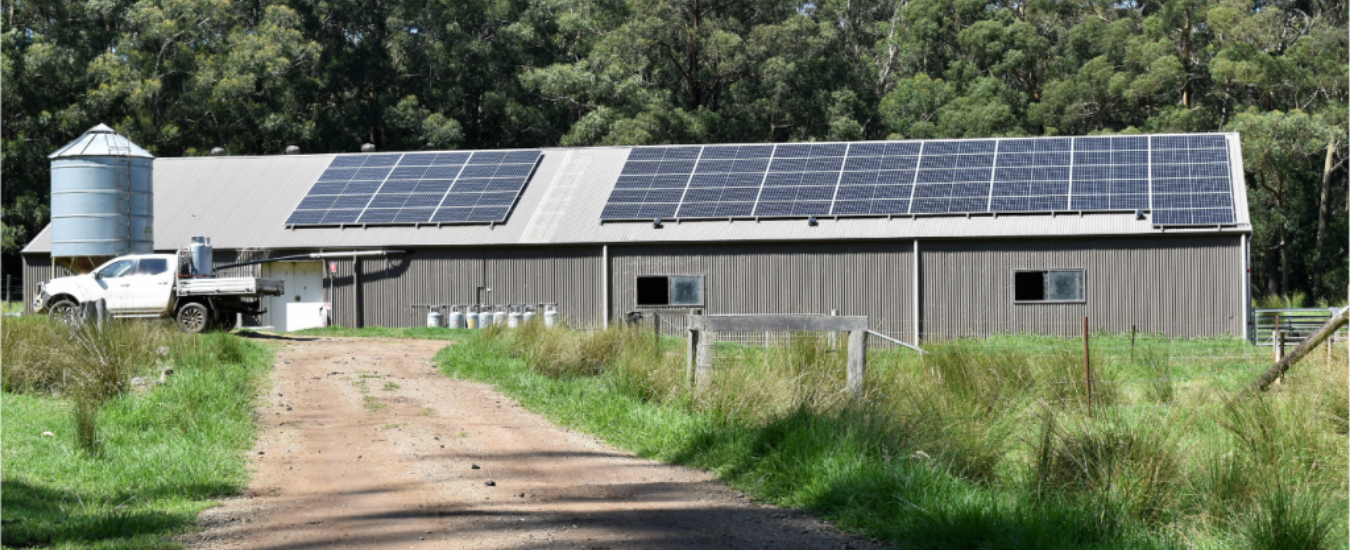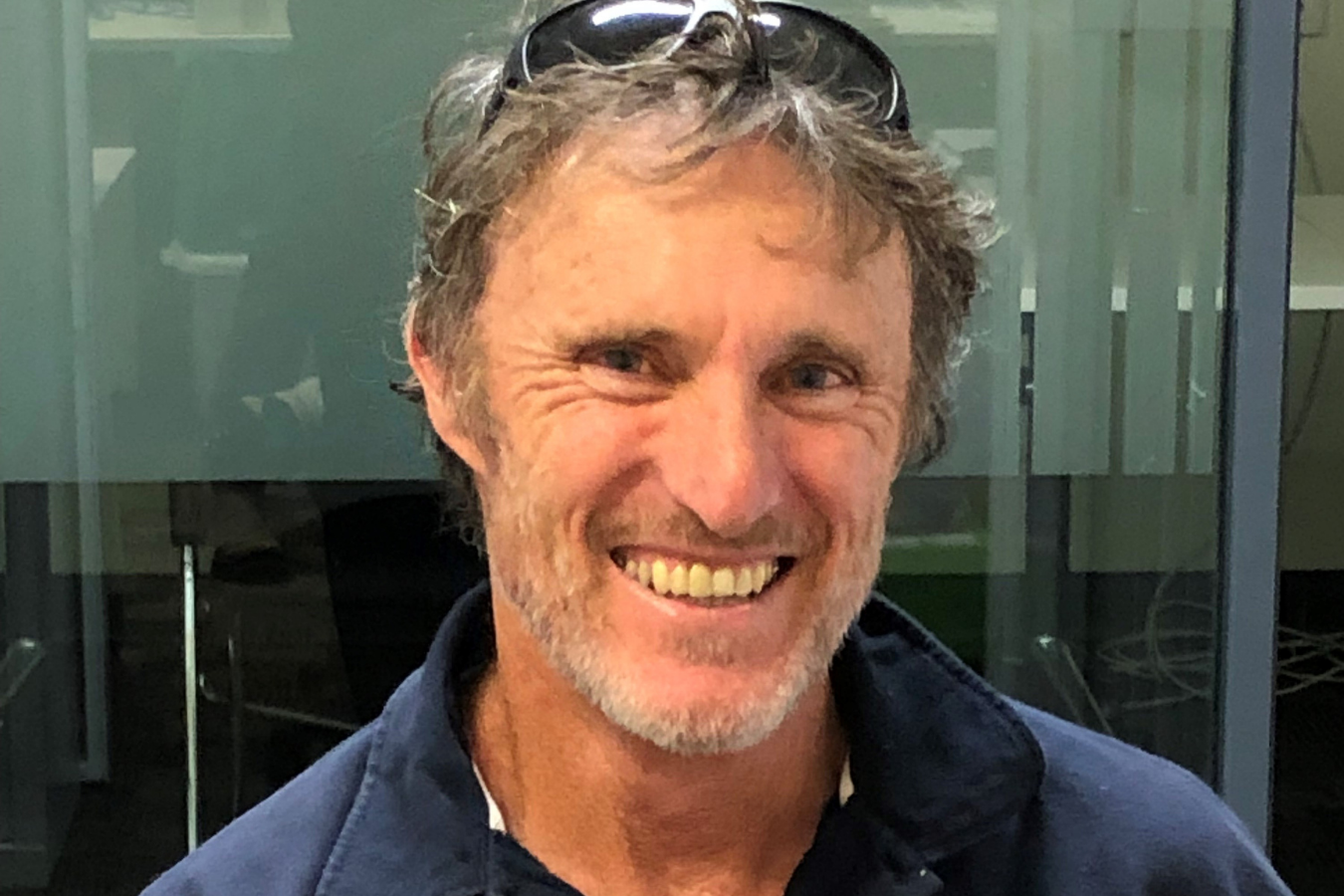NSW Department of Primary Industries (NSW DPI) have completed a range of projects to assess the feasibility of technologies and business models that address the cost, reliability and sustainability of energy use on farms.
Proposals for innovative energy technologies and business models were sought from the public and shortlisted by an independent advisory group. The advisory group then identified priority proposals to proceed to feasibility studies through a merit selection process. An independent expert assessor was matched to each priority proposal to undertake a detailed feasibility study which was conducted in 2020.
An overview of each of the feasibility studies are listed in the table below.
Links to each of the feasibility case studies can be found on the NSW DPI website: https://www.dpi.nsw.gov.au/climate-and-emergencies/climate-change-research-strategy/energy-efficient-solutions/funding
Feasibility study participants
| Proponent | Proposal | Site location |
|---|---|---|
| Avondale Feedlot* | Electrification of grain mill; automation of grain mill; off-grid 100 kW single axis tracking solar photovoltaics (PV) + 264kWh lithium ion battery + 150kVA backup genset | Rowena |
| Dairy NSW | Solar powered chilled water storage for milk cooling | Jamberoo, Bega, Jones Island, Wingham, Deniliquin |
| Farrer Agricultural High School* | Electrification of irrigation pumps and 60kW raised single axis solar PV tracking system to power irrigation pumps and demonstrate Agrivoltaics | Calala |
| Haddon Rig Stud | Grid connected solar PV with a battery backup system to supply electrical equipment to three independent electrical systems and improve reliability of electricity supply on site | Warren |
| Ingham's | Poultry litter digestion in a covered anaerobic lagoon (CAL) to produce biogas to generate electricity; solar PV installation | Tahmoor, Bargo |
| JBS Australia | Anaerobic digestion of liquid waste stream in a covered anaerobic lagoon (CAL) to produce biogas on site and produce fertiliser and wastewater for reuse on fields | Yanco |
| Pecora Dairy* | On farm energy generation with solar panels, flow batteries and peer to peer energy trading; electrification of LPG fuelled equipment | Robertson |
| Riverina Fresh | Business model: install solar PV at a group of dairy farms linked via a peer-to-peer trading to sell excess electricity generation to the Riverina Fresh factory | Wagga Wagga |
| Rosnay Organic Wines* | On farm energy generation with solar panels, flow batteries and peer to peer energy trading; electrification of diesel fuelled equipment | Canowindra |
| Silvermere Holsteins | Covered anaerobic lagoon (CAL) to capture biogas and biogas engine for electricity generation | Cowra |
| The Pines* | On farm energy generation with solar panels, flow batteries and peer to peer energy trading | Kiama |
Key findings
All proposals assessed in the feasibility studies were found to be technically feasible, except for the peer-to-peer trading model examined in the Riverina Fresh study. This concept is theoretically possible, but not at the particular location evaluated in the feasibility study due to local network constraints. All technologies assessed are currently available in Australia. The initial cost of implementation was a primary driver of commercial feasibility, making some proposals more commercially viable than others.
A high-level summary of the key benefits of and challenges to adoption of the proposed technologies and business models assessed in the feasibility studies are discussed below.
Benefits
Broadly speaking, the types of benefits identified in the feasibility studies that could be achieved by implementing the proposals evaluated include:
- Reduced energy costs and reduced exposure to future energy prices increases: All proposals would be expected to result in a reduction in energy costs. However, reductions in costs over the life of an asset, and the other benefits accruing from investing in an asset, must be offset against the up-front and ongoing costs of investing in that asset and compared to the business as usual scenario. The costs and benefits must be weighed up by each business making an investment decision, taking into account their own specific circumstances.
- Reduced fossil fuel use and emissions: All proposals would be expected to result in a reduction in fossil fuel use and emissions. In addition to doing their bit to save the planet, some proponents valued reducing emissions for the business benefit of improving the sustainability credentials, and thus the marketability, of their product to retail and supply chain customers.
- Reduced operating costs: In addition to reduced energy costs, some proposals would be expected to result in reductions in other operating costs, for example, reductions in labour costs associated with refuelling and maintaining diesel engines. For some technologies, however, there was an increase in other operating costs, for example, increased costs related to operating and maintaining biogas facilities.
- Increased energy security: Numerous sites that participated in the program suffer from frequent brown and black-outs or are not connected to the electricity grid. Implementing solutions to improve energy security can have many benefits including: improved productivity as operations would no longer be interrupted by loss of energy supply; reduced loss of refrigerated product; improved animal welfare; improved site safety; and improved mental health for business owners and managers no longer having to worry about unpredictable outages.
- Improved social licence to operate: It was recognised that benefits such as reduced emissions, improved animal welfare and reduced odour can enhance a business’s social licence to operate.
Challenges
Common challenges identified in the feasibility studies include:
- Long payback periods, primarily due to high up-front capital costs: High capex costs were the biggest barrier to achieving commercial feasibility for the proposals evaluated. It is expected that the cost of the technologies investigated would reduce over time as adoption increased. Government sponsored technology demonstration pilots, such as the next phase of this project, assist with de-risking investment in novel technologies, establishing supply chains and encouraging large scale adoption.
- Scale of project: In some cases, the small scale of the proposed project resulted in it being commercially unviable, but the proposed concept may be commercially viable for a larger project able to achieve economies of scale. This was particularly the case for the biogas proposals, where there is less opportunity to scale down equipment for smaller projects, than for example, a solar photovoltaic system which can be accurately sized to meet the needs of a specific site.
- Network infrastructure constraints: Lack of network capacity to accept exports from on-farm generation is an issue in some areas, as there can be no or low feed-in tariffs where exports are allowed.
Forward plan
Seven feasibility study proponents were selected to proceed to funded pilot projects. NSW DPI provided $1.32 million in grant assistance to the seven successful proponents, this grant equating to 50% of the cost of implementing their project. The proponents participating in the pilots are Avondale Feedlot, Dairy NSW, Farrer Agricultural High School, Haddon Rig Stud, Pecora Dairy, Rosnay Organic Wines and The Pines.
The pilots commenced in November 2020 and all should be completed by late 2021. Once implemented, these pilot projects will provide real world examples of innovative approaches to improving energy efficiency and reducing energy costs on NSW farms. The pilots will enable the dissemination of case study information to the sector more broadly and reduce risks associated with the early adoption of energy efficient technologies in agriculture. The pilots will demonstrate a variety of technological solutions at a range of farms located across NSW in intensive sub-sectors including dairy, horticulture and feedlots.

Diagram of off-grid solar PV planned for Avondale Feedlot




2 comments, add yours.
Byron McIntyre
Have installers been chosen for these projects
Energy Smart Farming
Hi Byron
All projects have advanced from the feasibility stage and installation is currently underway. Installers/contractors have been selected by proponents and vary across the state.